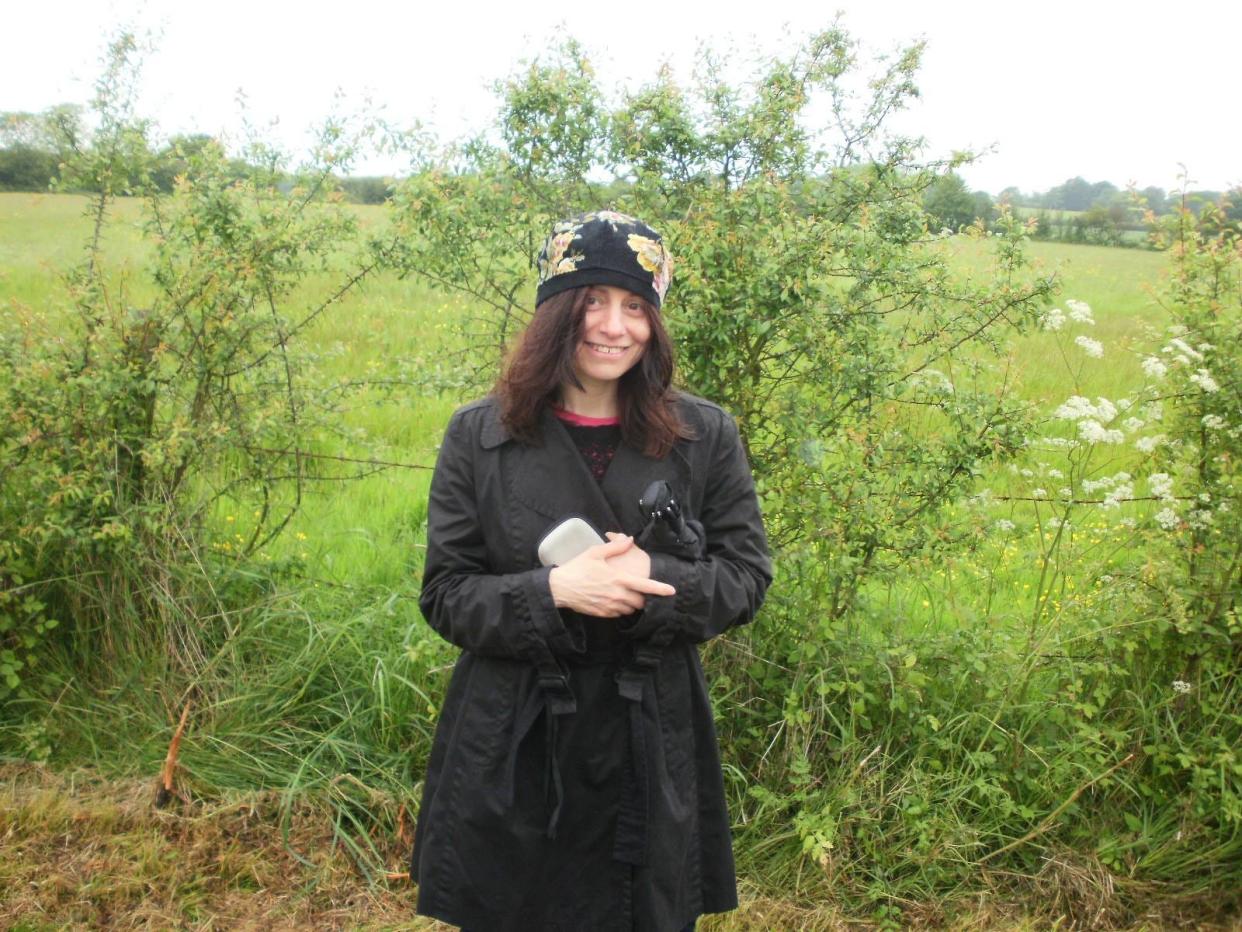I moved back to the US after 25 years in the UK. People abroad were more polite than Americans, but I never quite fit in there.

Dana Mayer moved back to the US after living in the UK for 25 years.
She used to get frustrated by the British tendency to accept mediocrity.
Now, she cringes when Americans demand a free meal because their drinks arrive five minutes late.
I wasn't prepared for how much the US had changed when I moved back. I'd been living in the UK for 25 years, but when the pandemic kicked off in March 2020, I decided it was time to go home.
It wasn't until returning that I realized how British I'd become and that "home" was more difficult to define. Now, after having lived almost half my life in each country, I feel equally in love with both, although for very different reasons.
I struggled with the lack of personal space in the UK — some of that stems from the UK's population density being almost eight times that of the US per square mile, per World Bank Open Data.
This translated into tiny homes with common walls even in the countryside and jostling for sidewalk space in the cities. It also seemed to result in a populace adverse to talking to or making eye contact with strangers in order to protect their perceived sanity.
Size and space struck me when I returned to the US
Fresh out of COVID quarantine, I was visiting a friend in a New York City suburb, looking around their giant kitchen with its oversized fridge. I didn't even have to go outside to their huge lawn or the wooded roads surrounding the property to feel my energy expand into what was simply more space per person.
This is also when I spotted an enormous orange pepper on the kitchen counter that looked like a mutant interloper. Was this actually food? Was it a pepper crossed with some kind of alien Godzilla? It was so big that I took a picture. I spent the rest of the day laughing at its size.
Although actually, the pepper was funny/not funny, just like when you first meet someone and what you initially find endearing turns out to be the most annoying thing about them.
In keeping with the American freewheeling mentality, expansive personal space, and a business mindset that allows for growth and experimentation, the pepper was massive due to the genetic engineering of crops. This is something that until last year was banned outright in the UK, per BBC.
In the UK, the small peppers fit into small houses, and the food was closer to its natural form due to strict food laws. Their relatively closed mindset of "we've always done it this way" actually kept their food closer to the source. However, we'll see how big their peppers get in the years ahead.
The pandemic gave me time to reflect on a lot of things I missed about the UK — the National Health Service, the intelligent level of public discourse, and the newscasters without plastic hair. There was also the quiet dignity of the seemingly closed people who would keep you out of their inner circle until, finally, they let you in in a grounded, loyal way.
In contrast, folks in the US often unravel their whole life story to me while standing in the Target checkout line.
But I never quite fit in while living in the UK
In the UK, I always felt like an outsider in some ways, especially when doing things like playing Trivial Pursuit. No matter how long I lived there, I never got most of the cultural references, because it's not where I'd grown up. I'm glad now that in the US I don't have to explain to anyone of my generation what candy corn is or who Magilla Gorilla, a 1960s cartoon, is.
Still, I'm torn between the American expectation of excellence which can be over-the-top and relentless, and the British tendency to accept mediocrity, brush problems under the carpet, and sometimes have a more peaceful life as a result.
When I first came to the UK, I waited tables at a tourist-trap restaurant where the food was overpriced and microwaved rubbish. When I went to the table and asked about the meal, almost every British customer replied, "It was lovely," in a shy, sheepish way.
Years later, my British ex-boyfriend, who held a high-level management position and told people what to do all day at work, used to get embarrassed when I asked restaurant staff to please wipe the table because it was dirty. As an American I'd grown up feeling entitled to a clean table when paying for service in a restaurant. Now, I cringe when I see Americans in restaurants demanding a free meal because their drinks arrive five minutes late.
Four years after moving back to the US, I'm grateful for the personal space, the "yes!" mentality, and the abundance of nature. But I do miss the cultivated hedgerows of the UK and the quiet, more reserved style of its people.
And no matter how much affinity I felt with the land there, there is also some knowing and grounding with the land here, which feels like it cannot be replicated anywhere else. Perhaps because this is where I was originally rooted.
Got a personal essay about relocating that you want to share? Get in touch with the editor: akarplus@businessinsider.com.
Read the original article on Business Insider

